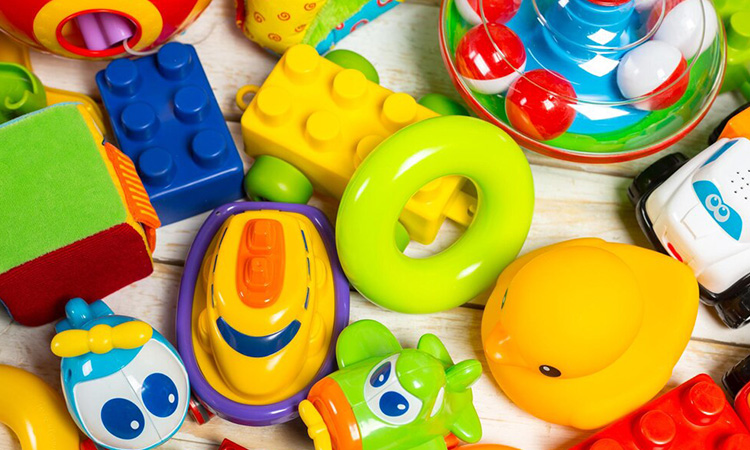As environmental awareness continues to grow, so does the desire to make eco-friendly choices, even in the realm of children’s toys. Plant-based plastics, derived from renewable resources, have emerged as a sustainable alternative to traditional plastics. Let’s explore the benefits and possibilities of incorporating plant-based plastics into the world of toys, ensuring a greener and safer playtime for our little ones.
Derived from Renewable Resources:
Plant-based plastics, often labeled as bio-based or bioplastics, are crafted from renewable resources like cornstarch, sugarcane, or other plant-derived materials. Unlike conventional plastics, which rely on non-renewable fossil fuels, plant-based plastics support a more sustainable and eco-friendly production process.
Biodegradability:
One of the significant advantages of plant-based plastics is their biodegradability. Traditional plastics can persist in the environment for hundreds of years, contributing to pollution and ecological harm. In contrast, plant-based plastics break down more efficiently, reducing their impact on the planet and offering a more responsible end-of-life cycle.
Reduced Carbon Footprint:
The production of plant-based plastics generally results in a lower carbon footprint compared to traditional plastics. Growing plants absorb carbon dioxide from the atmosphere, creating a more balanced and environmentally friendly manufacturing process. By choosing toys made from plant-based plastics, we contribute to a reduction in greenhouse gas emissions.
Toxic-Free Play:
Plant-based plastics are typically free from harmful chemicals commonly found in traditional plastics, such as BPA and phthalates. This ensures a toxic-free play environment for children, addressing concerns about potential health risks associated with exposure to certain plastic additives.
Versatility in Toy Design:
Manufacturers are increasingly exploring the versatility of plant-based plastics in toy design. From building blocks to action figures, plant-based plastics offer the same moldability and durability as traditional plastics, allowing for creative and engaging toy options without compromising on quality.
Educational Opportunities:
Toys made from plant-based plastics present an opportunity for parents and educators to introduce eco-friendly concepts to children. By explaining the origins and benefits of these toys, we instill a sense of environmental responsibility from a young age, fostering a connection between play and sustainability.
Embracing plant-based plastics in children’s toys is a small yet impactful step towards a greener and more sustainable future. By choosing toys crafted from renewable resources, we not only provide a safer and more eco-friendly play environment for our children but also contribute to the broader effort to reduce our dependence on traditional plastics. As we look to the future, plant-based plastics offer a promising avenue for responsible and enjoyable playtime experiences.
Next On Your Reading List:


